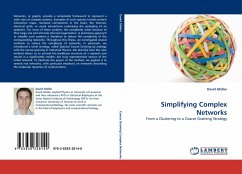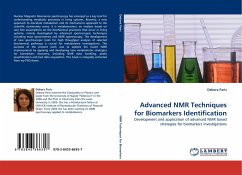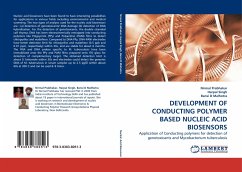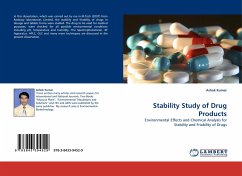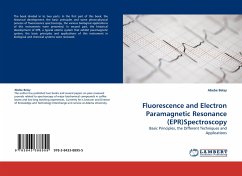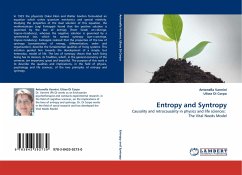
Entropy and Syntropy
Causality and retrocausality in physics and life sciences: The Vital Needs Model
Versandkostenfrei!
Versandfertig in 6-10 Tagen
39,99 €
inkl. MwSt.

PAYBACK Punkte
20 °P sammeln!
In 1925 the physicists Oskar Klein and Walter Gordon formulated an equation which unites quantum mechanics and special relativity. Studying the properties of the dual solution of this equation, the mathematician Luigi Fantappiè found that the positive solution is governed by the law of entropy (from Greek en=diverge, tropos=tendency), whereas the negative solution is governed by a symmetrical law, which he named syntropy (syn=converge, tropos=tendency). Fantappiè realized that the properties of the law of syntropy (concentration of energy, differentiation, order and organization), describe t...
In 1925 the physicists Oskar Klein and Walter Gordon formulated an equation which unites quantum mechanics and special relativity. Studying the properties of the dual solution of this equation, the mathematician Luigi Fantappiè found that the positive solution is governed by the law of entropy (from Greek en=diverge, tropos=tendency), whereas the negative solution is governed by a symmetrical law, which he named syntropy (syn=converge, tropos=tendency). Fantappiè realized that the properties of the law of syntropy (concentration of energy, differentiation, order and organization), describe the fundamental qualities of living systems. This intuition guided him towards the development of a simple, but heterodox, model of life. The law of syntropy shows that each living being has its mission, its finalities, which, in the general economy of the universe, are important, great and beautiful. The purpose of this work is to describe the qualities and implications, in the field of physics, psychology and life sciences, of the two principles of entropy and syntropy.




